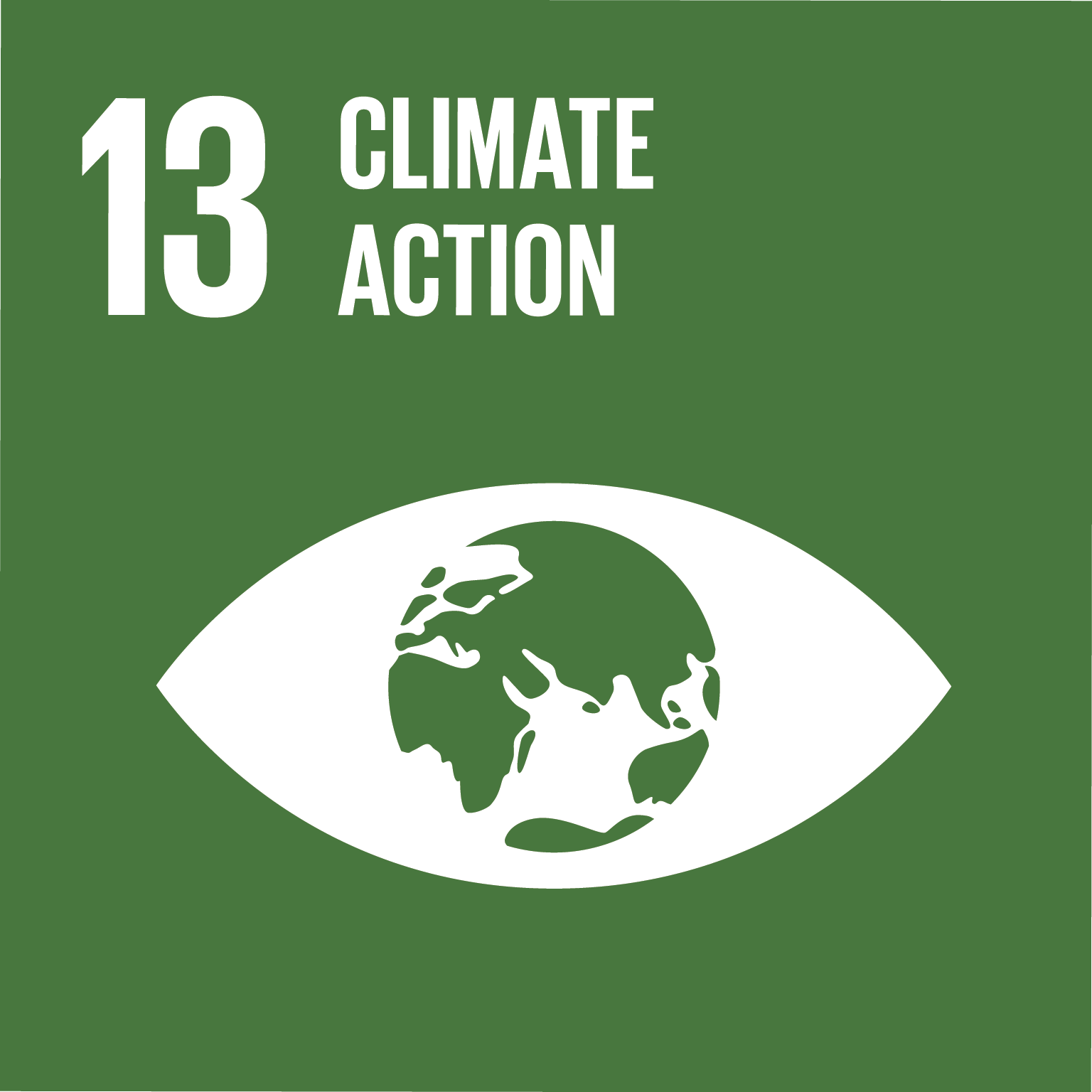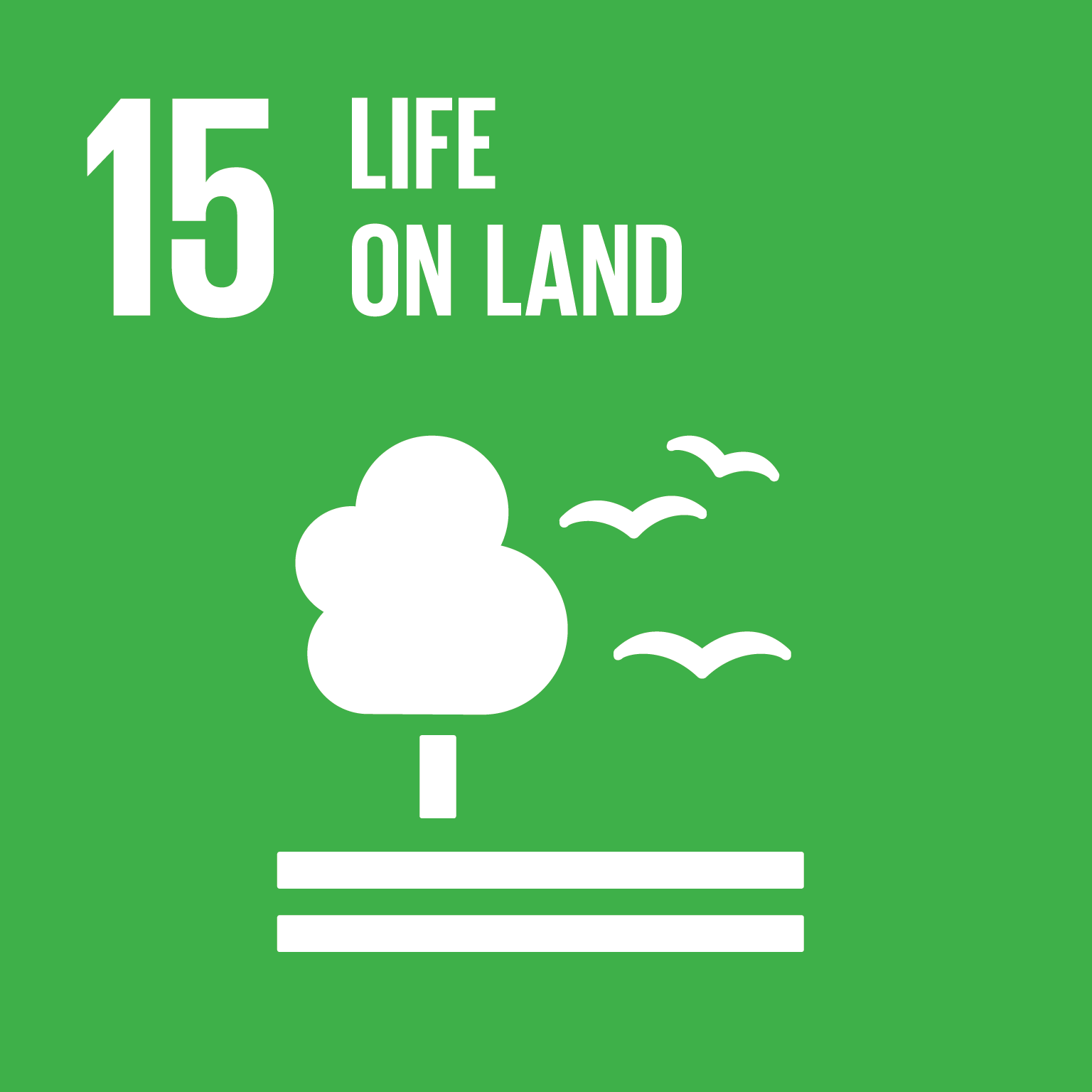Students will study the basic sciences in first year, which are complemented by specialist modules in years two - four of the undergraduate degree.
Animal practicals are delivered at UCD’s Lyons Research Farm where excellent new equine teaching and research facilities exist. Anatomy classes are conducted at UCD’s Veterinary Hospital, while exciting research programmes in equine and animal science support the taught elements.
Students' time is spent primarily attending lectures and undertaking independent study. In most modules this also involves attending practical sessions, laboratory workshops and/or tutorials.
A combination of continuous assessment (class quizzes, MCQ tests), research projects and end-of-trimester examinations are used.




